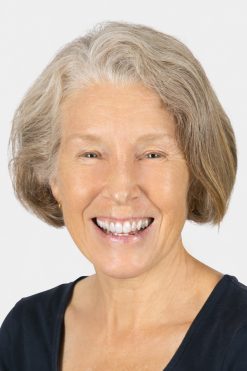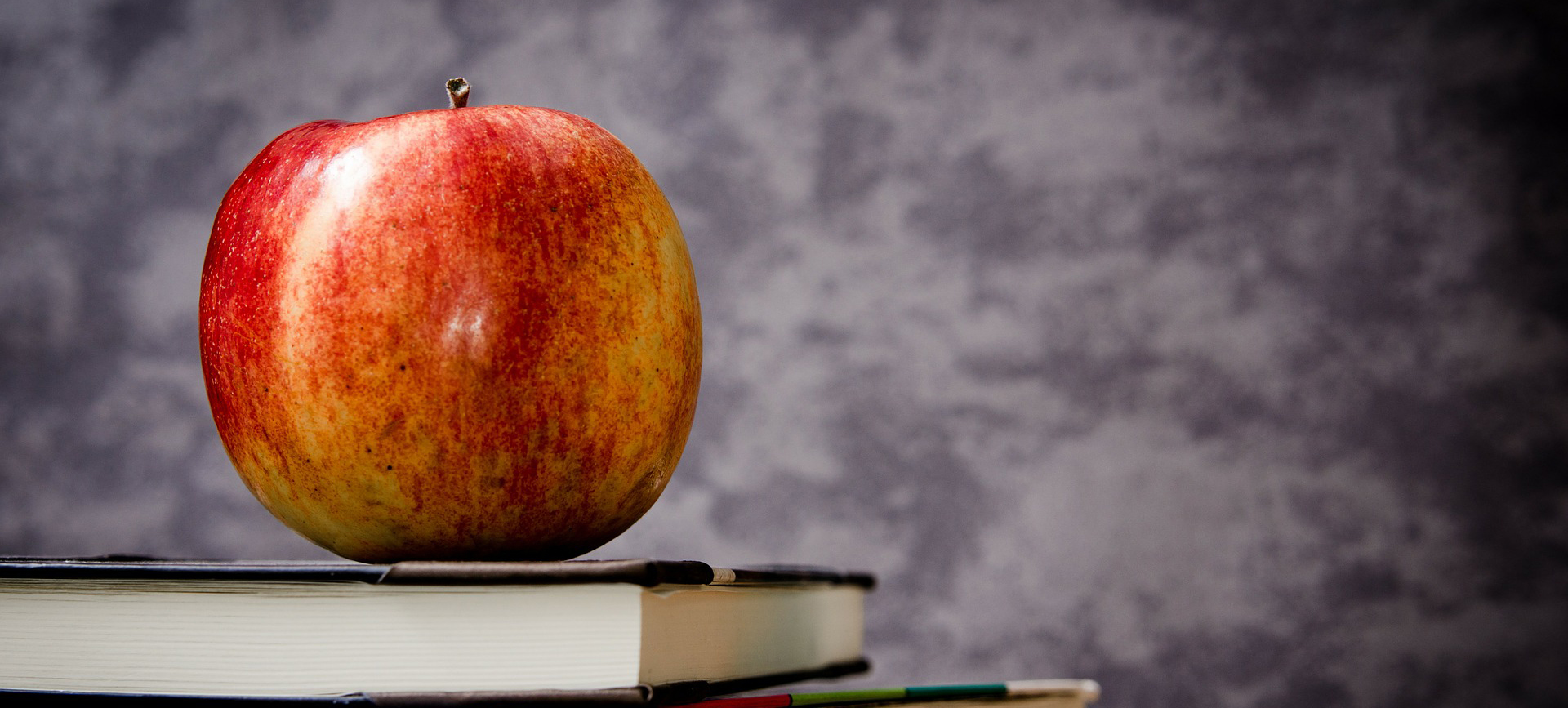With National Science Week underway, Dr Anne Forbes from the Department of Educational Studies discusses the direction STEM education in Australia needs to take.
 Do we want schools to produce thinkers or copiers?
Do we want schools to produce thinkers or copiers?
A major concern in school science education is the over-emphasis on students becoming knowledge consumers of curriculum content.
Instead, what we need is for them to develop a practical understanding of the skills and qualities used by scientists to solve real world problems. For students to become knowledge creators they, therefore, require frequent opportunities and activities to practice and refine their critical and creative thinking skills.
Primary and high school science education should have a strong focus on how evidence is gathered, and how claims are made based on the data collected. A strong sense of choice and ownership is important for student engagement, so students investigate questions of personal interest with teacher guidance to link them to the syllabus.
In Australia, it is only in the last 40 years that science has become part of the primary curriculum and it is only one of the many subject areas that primary teachers need to cover. To support primary teachers, and to provide opportunities for authentic experiences with science for students, an emerging practice is to tap into the scientific expertise of community members. This promotes the development of student and teacher understandings of science.
MyScience is a science education program that uses a community of practice model: it involves mentors with science expertise working with students and their teachers in primary classrooms to plan, conduct and report on a scientific investigation – as scientists do.
The essence of a MyScience community of practice is that participants have a range of expertise and work together to answer student-posed questions related to a class theme. Students, teachers, and mentors alike learn through their participation in the activities and conversations as they work together solving scientific questions. For example, Dr Cameron Webb – an accomplished research scientist – reflected on the benefits of participation as a MyScience mentor for his own communication skills.
MyScience@MQ is now up and running through the Department of Educational Studies and seeks to connect with any Macquarie staff member who is interested in participating in this exciting initiative. Macquarie is positioned to become a leader in developing students’ critical and creative thinking skills in primary and secondary science education. To find out more, visit www.myscience.com.au


 Back to homepage
Back to homepage
For anyone interested in STEM and MyScience who might like to assist Dr Anne Forbes and, as her colleague at the Australian Catholic University, I whole heartedly endorse and support this important research.